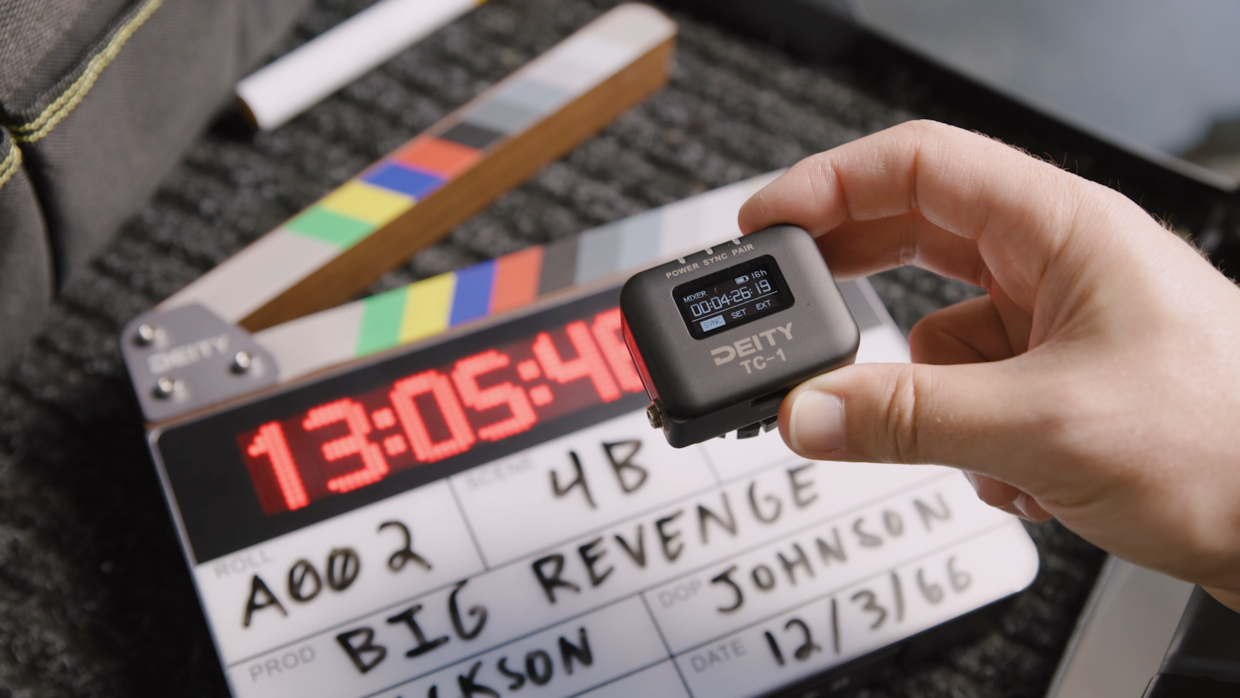Quantum Leap
Flung into random periods of history and without his memory, Physicist Ben Song (Raymond Lee) must correct something in each life he inhabits in hope of returning to his own time and solving the mystery of why he time traveled in the first place.

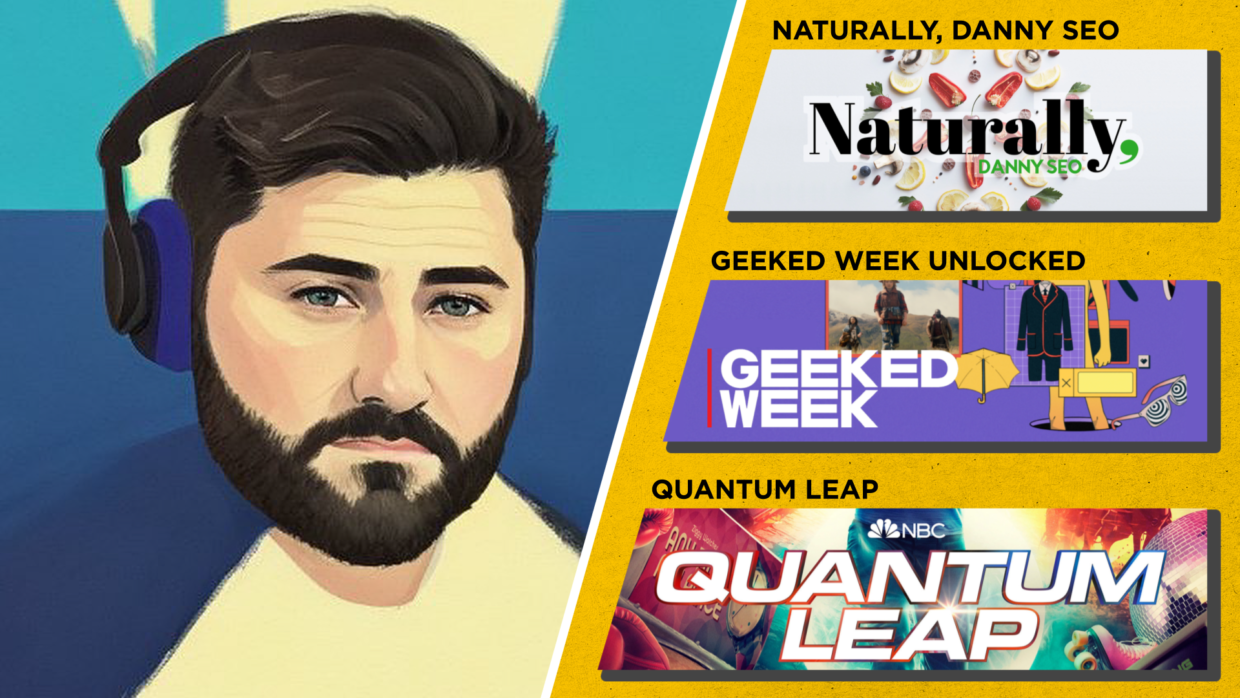
Kevin Bellante
Kevin Bellante is a Los Angeles-based production sound mixer with 12 years of sound experience in TV and film.
Some of his major productions include Naturally, Danny SEO, Netflix’s Geeked Week Unlocked, & NBC’s Quantum Leap.
We had the pleasure of bringing him into the studio to learn about how Deity timecode made his life easier on the NBC production.

What was the communication like between the location sound team and the post-production sound team?
Kevin Bellante says “The communication had to be very tight on such a fast-moving show” (each episode took 8-10 days to make). “We had a clear data management plan to ensure that all sound files are properly backed up and transferred. Attended workflow meetings with editors to discuss the technical specifications of the show and maintained good notes on the sound reports turned in at the end of each production day.
Having the continued communication regarding sound quality or sync during production and having feedback or suggestions from post is key. Maintaining good channels of communication between the producer, editor, supervising sound editor, final sound mixer and other facilities companies involved in post-production keeps everything on track.”
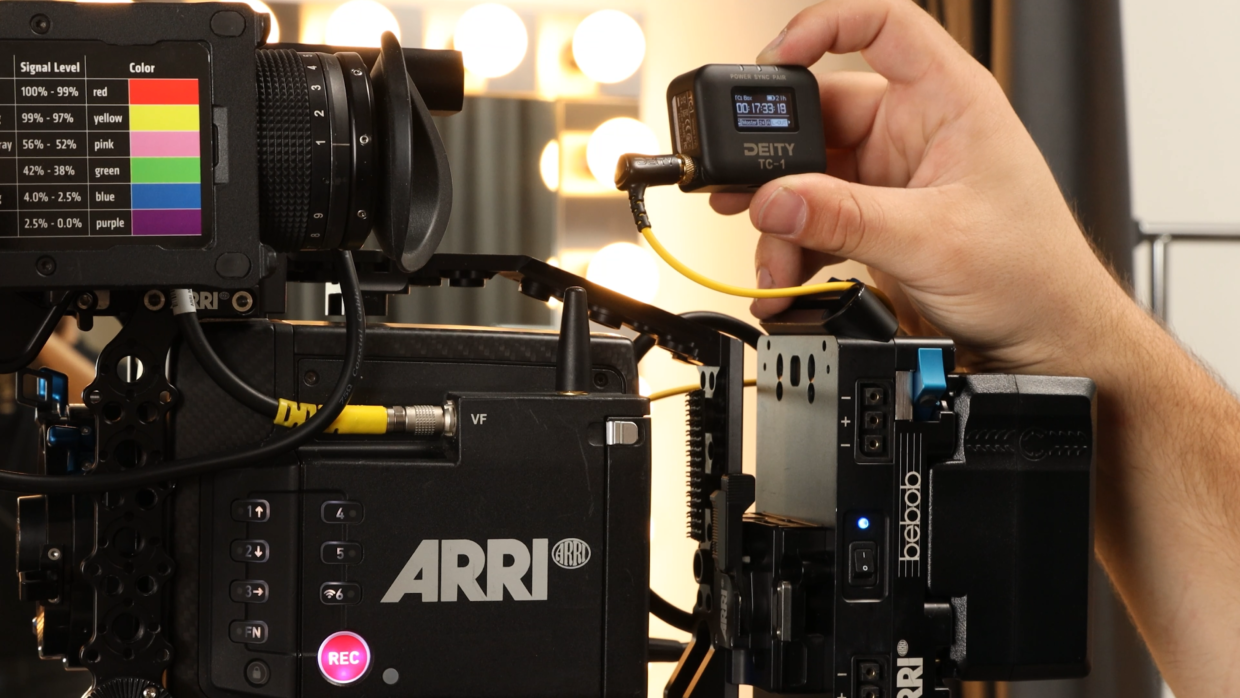
“These practices helped ensure that the sound captured on location is usable and consistent with our post-production sound process.
It can also help avoid delays or errors in editing, mixing or delivering the final sound product.”

When you are working under tight deadlines, what does it mean to have to worry about something like timecode?
Kevin remarked “The last thing an editor wants to deal with is sync issues and syncing by hand. You need to have a reliable TC box that can hold TC for at least 12 hours and the TC-1 only has 1 frame of drift every 72 hours.”
“Having accurate timecode across all devices is the only way we can keep our deadlines.”
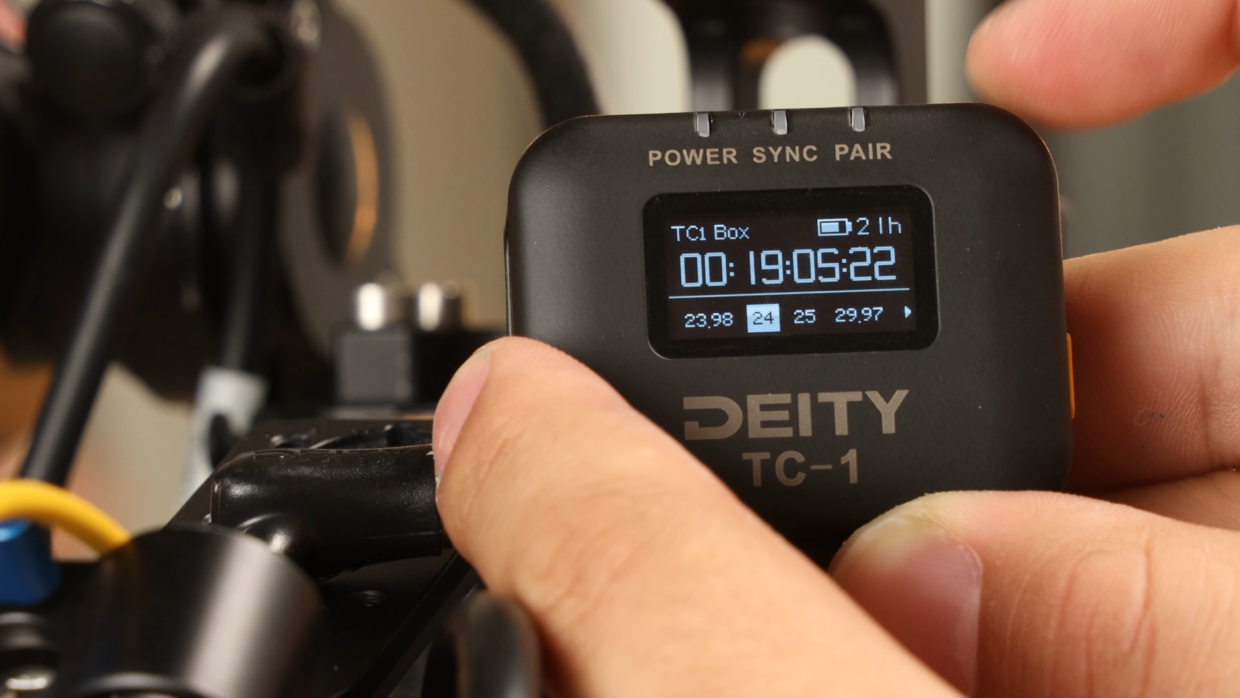

What problems do these devices solve for you?
“Before the TC-1, the (sound) utility would be syncing everything at the cart through a trusty BNC. The TC boxes and slates used 15+ batteries a day. Once on the 3 cameras, they would stay for the rest of the day.”
Kevin Says “When we started using the TC-1 at the cart I could jam the Tx unit with the Sidus Audio app which fed all camera TC-1s at the sound utility cart, and even the ones already placed on the camera.
No one had to wait for me to be set up.”
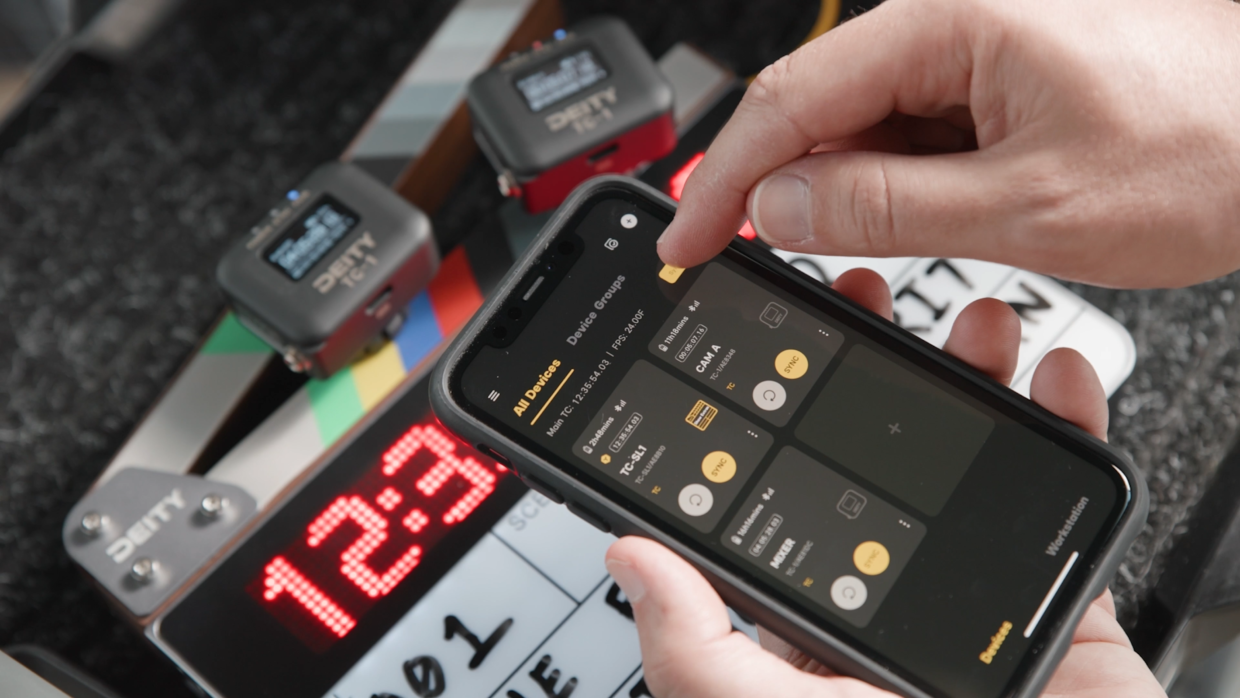
“What’s great about the TC-1 is how much time we save with wireless connectivity and how much expendable battery budget gets freed up for other things.
I plan on picking up the Deity TC-SL1 slate which automatically jams the timecode from the master TC-1. This will save even more of both batteries and time on future productions.”

What problems do these devices solve for your productions?
“When working with new people constantly across many shows you never know exactly what everyone’s workflow is. Try to remember that and be accommodating.
Having all the tools to do your job correctly makes other departments see you as a professional.”
“A lot of times my first thoughts walking on to the set usually focused on getting a look at crafty but shortly after coffee I like to walk the set and see if there are any audio issues I can address early with the AD team.”
